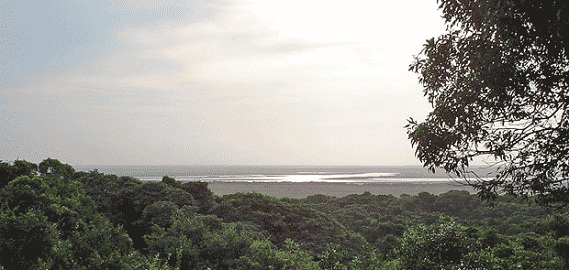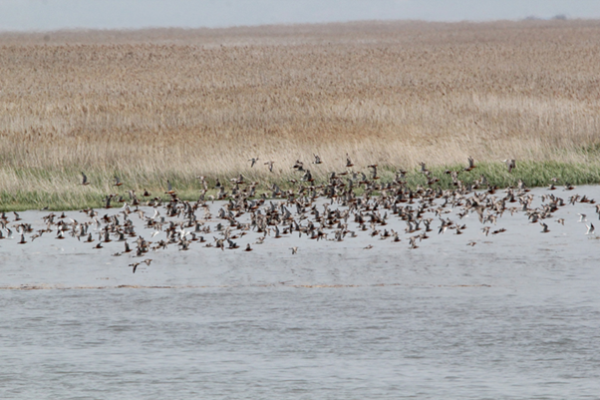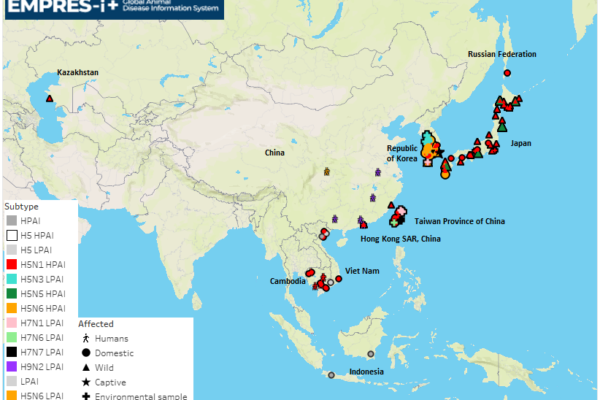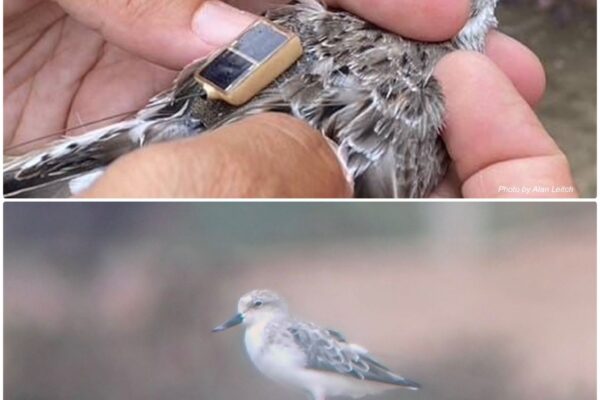Written by Carolina Hazin, BirdLife International
The Ramsar Convention has adopted a new Strategic Plan to guide national and international actions in 2016-2024.
The adoption is to be celebrated. Its scope ranges from wetlands restoration to the responsibility for sustainability in promoting fisheries and agriculture in wetlands, as well as the designation of Ramsar Sites. Agreement of the Plan did however involve compromises and could have been more ambitious and have set clearer targets that would have allowed progress to be more easily tracked and measured.
In their closing statement, the International Organisation Partners of the Convention, which include BirdLife and other leading NGOs, declared that conservation should not be seen as a burden. Investment in sustainability brings invaluable returns: water and food security, disaster risk reduction and climate resilience. All sectors, public or private, over and above the environment sector alone, should be involved to find compatible solutions.
Experts at the Conference of the Parties presented examples in which the financial costs for restoration far outweigh the costs for conservation. This is the case for one of the most important restoration projects underway in the Everglades wetlands, South Florida, USA. Mismanagement of water and infrastructure has led to serious droughts in neighbour cities, such as Miami.
Aware of the impacts not only on biodiversity, but also on human populations, of wetlands degradation and loss, BirdLife called upon COP participants to engage in the Caring for Coasts Initiative for the protection and restoration of global coastal wetlands. The Government of Canada’s announcement of its support for the initiative and its financial contribution to get it off the ground was welcome news indeed.
Other resolutions adopted at this Ramsar meeting were also important in signaling the intent to move forward in wetland conservation and wise use: calling for countries to adopt nature-based solutions for disaster risk reduction and to protect peatland areas for their contribution to climate change mitigation and adaptation.
During the meeting BirdLife presented tools, methodologies and datasets to inform and help governments in the implementation of the objectives of the Convention. This included the latest list of wetland Important Bird and Biodiversity Areas in Danger, which includes 68 sites identified as both Ramsar sites and IBAs that are in immediate danger of being lost.
IBAs in Danger, including those that are Ramsar Sites, can be explored on this interactive map
The original article is available at http://www.birdlife.org/worldwide/news/conservation-should-not-be-seen-burden.





